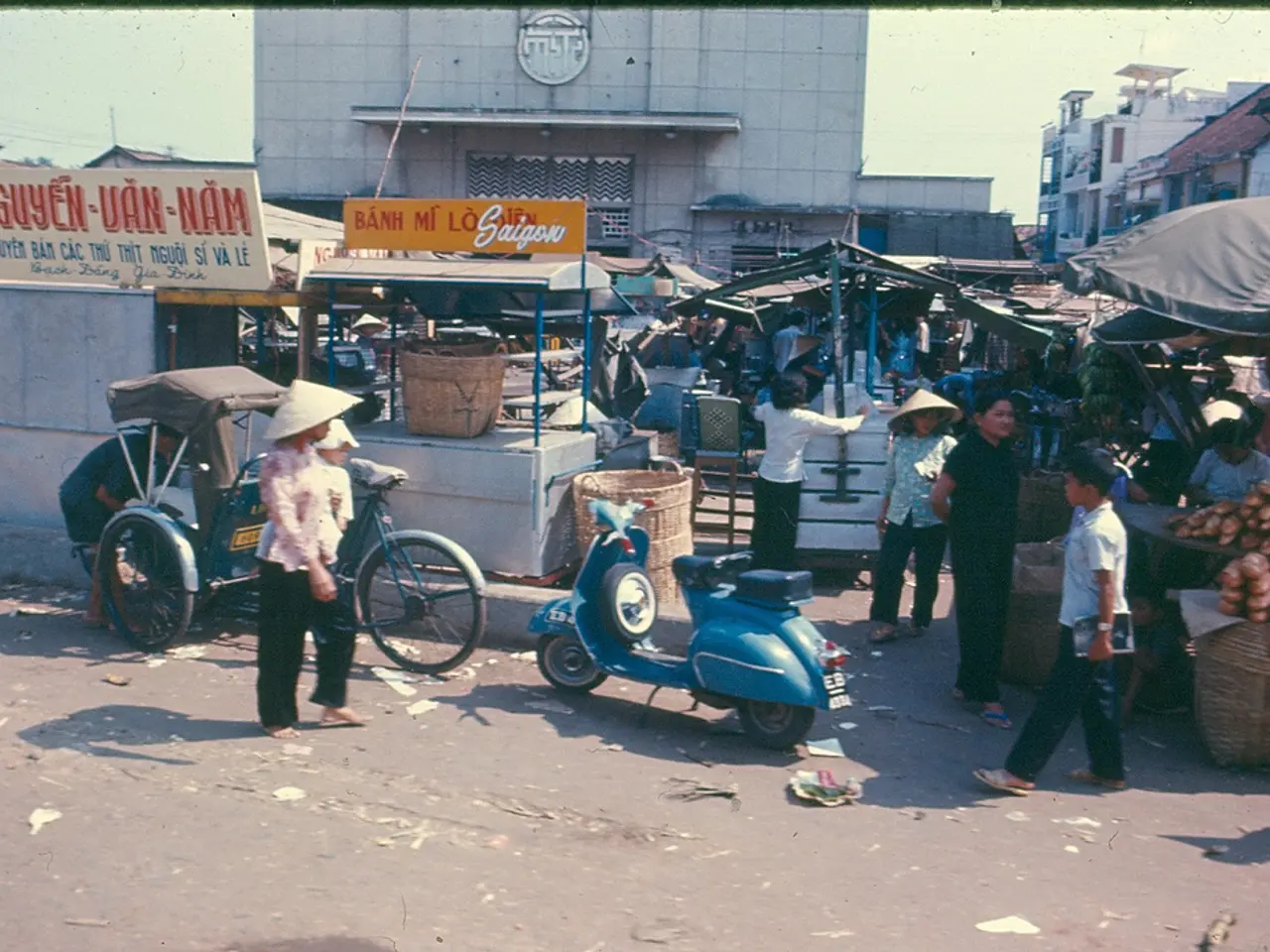Flooding Overpowers Prominent City Claims in Lucknow
In a significant achievement, the city of Lucknow, the state capital, has secured the third rank in the million-plus population category under the Swachhta Survekshan 2024. However, this recognition doesn't seem to have fully addressed the sanitation management concerns raised by locals.
Despite the city's impressive ranking, open waste dumping continues unabated in several localities. Zonal sanitation officers often show laxity, and complaints to municipal helplines go unanswered or lead to only temporary clean-ups. As a result, garbage piles reappear quickly, causing chronic dumping problems in residential and commercial areas such as Vibhuti Khand, Vinamra Khand, Aashiyana, and near the Engineering College intersection.
The city's third place in the Swachh Survekshan primarily reflects broad systemic improvements such as daily processing of large waste quantities, legacy waste clearance, use of IoT-enabled electric sweepers, and enhanced monitoring via a Command and Control Centre. However, these achievements have yet to translate into consistent street-level cleanliness. During persistent rains, open dumps become floating garbage chokes that worsen waterlogging, revealing fragile civic infrastructure and enforcement gaps.
Residents have criticized the system as functioning only for inspections and awards rather than addressing persistent sanitation issues. They demand stricter monitoring of zonal teams and long-term sanitation plans.
Recent heavy rainfall has exacerbated these issues, with the roadside near the Engineering College flyover on Sitapur Road becoming a permanent dumping spot, and garbage now floating in the waterlogged roads. Similarly, garbage dumped on the roadside near Kisan Bazaar in Vibhuti Khand got scattered during the downpour, flooding the entire lane.
In response to these complaints, the Lucknow Municipal Corporation (LMC) has launched emergency operations in all eight zones. LMC officials have also installed pumping sets in flooded areas and cleared blocked drains to ease water flow. A dedicated team has been handling civic grievances via the toll-free number 1533, ensuring swift redressal.
However, action taken by the LMC in response to complaints is often delayed or temporary. Gaurav Kumar, the municipal commissioner, has directed zonal officers, sanitation and engineering staff, and garden department workers to remain on the ground and act immediately. He has also urged residents to stay indoors during heavy rain and report local issues immediately to the municipal corporation.
Despite these efforts, it is clear that more needs to be done to address the persistent sanitation issues in Lucknow. The city's high rank signifies progress in waste management infrastructure and innovation, but on-the-ground implementation weaknesses, particularly in enforcement and sustained clean-up efforts by local sanitation teams, allow open dumping to continue unchecked in certain areas despite the overall recognition.
- The general news in Lucknow is filled with concerns about persistent sanitation issues, even after the city secured the third rank in the Swachhta Survekshan 2024.
- A central issue is the laxity shown by zonal sanitation officers and the delayed or temporary nature of clean-up efforts, which has led to open waste dumping in localities like Vibhuti Khand, Vinamra Khand, Aashiyana, and near the Engineering College intersection.
- While the city's infrastructure for waste management, such as the use of IoT-enabled electric sweepers and the Command and Control Centre, has shown significant advancement in science and technology, it has yet to address the environmental-science-related challenges related to sanitation and climate-change.
- To address these issues, residents and environmental-science experts are advocating for policy-and-legislation changes that emphasize stricter monitoring of zonal teams and long-term sanitation plans, aiming for a more sustainable and cleaner city in the face of climate-change-related challenges.






